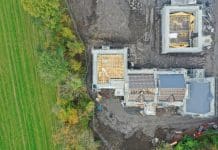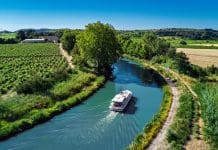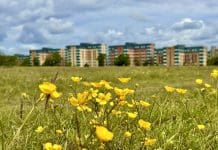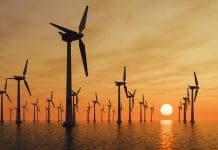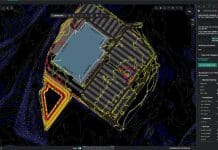Construction firms in London will be able to apply for a six-month exemption from new Low Emission Zone standards for polluting diggers and bulldozers, amid Covid-19 challenges
New, tighter standards for construction machinery are to be introduced on 1 September 2020. However, the Covid-19 pandemic has had an impact on supply chains, making it more difficult for construction firms to prepare their machinery for the new Low Emission Zone standards.
Challenges include delays to the retrofitting of existing machinery and interruptions to the supply of new equipment.
In response, the Mayor of London is introducing a new six-month exemption period from the new Low Emission Zone standards to support companies as they work to comply with the standards. This will run from September 2020 until the end of February 2021.
Existing standards, in place since 2015, will continue to apply.
Tackling emissions from London’s construction sites is a key part of the mayor’s plans to tackle London’s toxic air. Machinery such as diggers and bulldozers are currently responsible for 15% of local PM2.5 emissions in London and the fifth largest source of nitrogen oxides (NOx).
The Non-Road Mobile Machinery Low Emission Zone uses the Mayor’s planning powers to reduce emissions from construction machinery. The tightening of the standards is part of a number of steps towards a longer-term zero emission target for construction machinery.
Drive down emissions
Deputy mayor for environment and energy, Shirley Rodrigues said: “As London recovers from the coronavirus pandemic and building restarts at full capacity, we’re working closely with the construction industry to drive down emissions.
“The NRMM Low Emission Zone is the first of its kind in the world and will ensure that we reduce emissions from machinery on construction sites.
“However Covid-19 has created inevitable disruptions to suppliers of new construction machinery and retrofit services. That’s why the Mayor has granted a six-month exemption period to give site operators more time to prepare machinery for the new standards and support London’s green recovery.”





